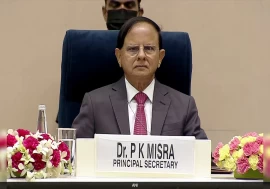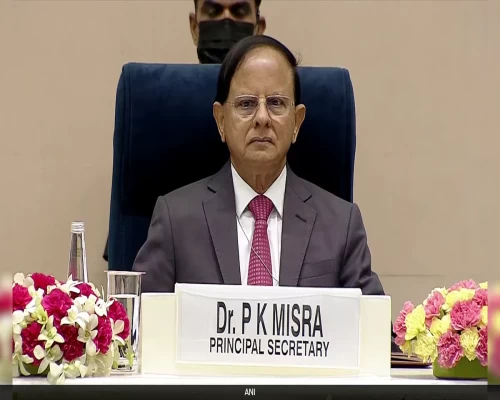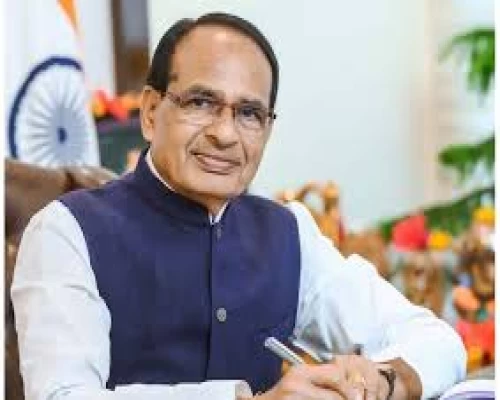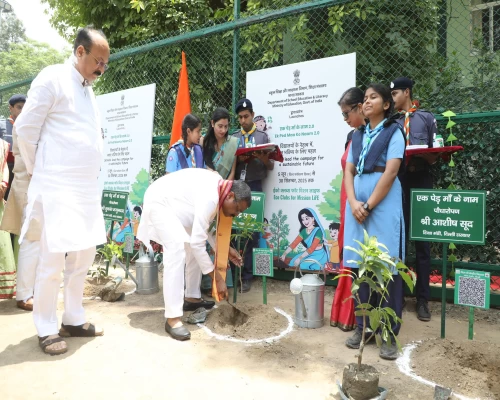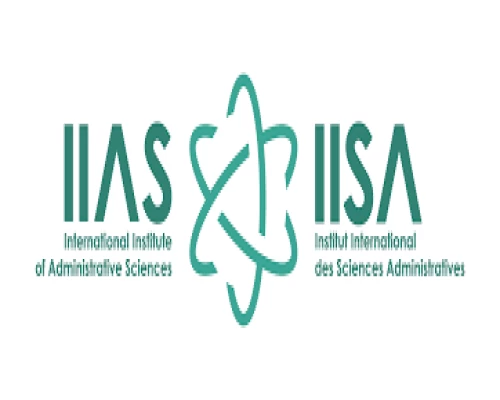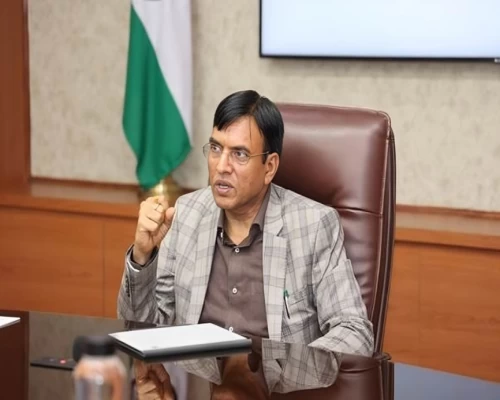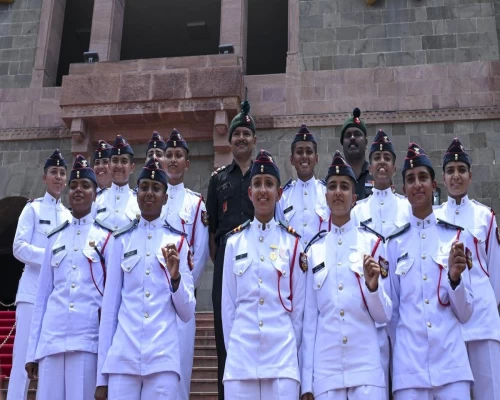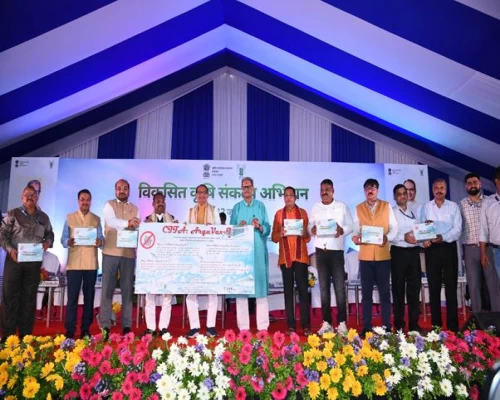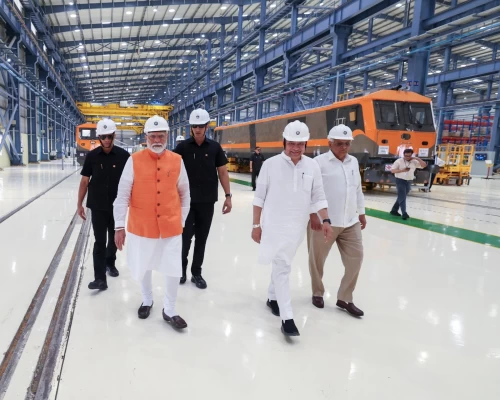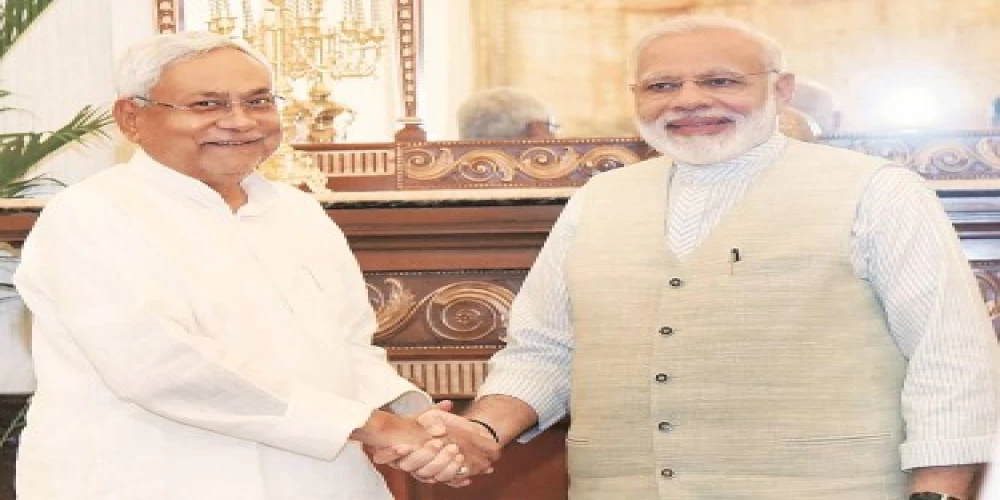
The Union Cabinet chaired by Prime Minister Narendra Modi on Tuesday approved establishment of a new All India Institute of Medical Sciences (AIIMS) at Darbhanga, Bihar. This will be established under the Pradhan Mantri Swasthya Suraksha Yojana (PMSSY). The total cost will be Rs.1264 crore and is likely to be completed within a period of 48 months from the date of the approval of Government of India.
The new AIIMS will add 100 UG (MBBS) seats and 60 BSc (Nursing) seats and will have 15-20 Super Specialty Departments. The new AIIMS will add 750 hospital beds. As per the data of current functional AIIMS, it is expected that each new AIIMS will cater to around 2000 OPD patients per day and around 1000 IPD patients per month.
The proposed institution shall have a hospital with a capacity of 750 beds which will include emergency/trauma beds, ICU beds, AYUSH beds, private beds and specialty and super specialty beds. In addition, there will be a medical college, AYUSH Block, auditorium, night shelter, Guest House, hostels and residential facilities.
IMPACT
Setting up of new AIIMS would not only transform health education and training but also address the shortfall of health care professionals in the region. The establishment of new AIIMS will serve the dual purpose of providing super specialty health care to the population while also help create a large pool of doctors and other health workers in this region that can be available for primary and secondary level institutions/facilities being created under National Health Mission (NHM).
EMPLOYMENT GENERATION
Setting up new AIIMS in the state will lead to employment generation for nearly 3000 persons in various faculty and non-faculty posts. Further, indirect employment generation will take place due to facilities and services like shopping centre, canteens, etc., coming in the vicinity of the new AIIMS. The construction activity involved for creation of the physical infrastructure for the AIIMS Darbhanga is also expected to generate substantial employment during the construction phase as well.
This will fill the gaps in tertiary health-care infrastructure as well as facilities for quality medical education in the State and adjoining areas. The AIIMS would not only provide the much needed super specialty/tertiary health care at affordable costs, to the poor and needy, it would also make available trained medical manpower for the National Rural Health Mission/ other Health Programmes of the Ministry of Health & Family Welfare.


